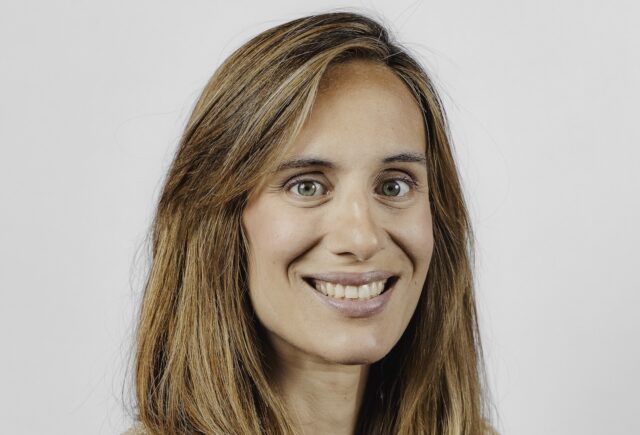The fund, developed by Aristata Capital, supports commercial litigation with high impact social and environmental outcomes brought by claimants with limited financial resources.

A novel litigation fund developed by London-based Aristata Capital, which chief executive Rob Ryan describes as the first to be explicitly focused on social and environmental impact outcomes, has attracted £52m (€60.5m) at final close.
Aristata Impact Litigation Fund I LP (AILF I) is supported by Capricorn Investment Group’s Sustainable Investors Fund, the Soros Economic Development Fund, and various foundations, impact fund-of-funds, family offices, and high net worth individuals. The fund exceeded its £50m target, in what the company describes as a “challenging market”, following a first close of some £40m in July 2022.
The fund supports commercial litigation brought by groups around the world in response to damaging activity by companies, where a win would have a beneficial and wide-ranging outcome in terms of impact. By facilitating such action, Aristata’s Ryan said he hopes to “close the justice gap in commercial litigation, where the system favours commercial strength and penalises those without”.
The aim is to fuse traditional commercial litigation with impact objectives more commonly seen in legal action brought by small-scale interest groups or NGOs against governments or public bodies – for example, to enforce air quality rules. However, the cost of commercial litigation is often much higher than such litigants can afford.
Ryan told Impact Investor a commercial case Aristata might be involved in would typically cost “in the low-to-mid single digit millions of pounds”, compared to “a couple of hundred thousand pounds” that a non-profit may spend on litigation against a public body.
“One of the major barriers is simply that scale of necessary capital in order to try to take commercial claims forward versus the traditional public interest claims,” he said.
Returns for investors are generated via payment from the court award if litigation succeeds, the structure of which varies from case to case. Aristata is not revealing specific return expectations but Ryan said: “We have structured our pricing in a way that is much more flexible than many traditional litigation funders because of our sensitivity to making sure that the claimants receive the majority of those outcomes.”
Broad portfolio
Aristata said it was building a portfolio of claims covering areas of interest including human rights, environmental protection, climate change, equality, indigenous rights, and access to justice among others.
One case which the company has already supported involved a large group of at-risk workers in Australia whose employers were paying them below the statutory minimum wage, according to Ryan.
He declined to discuss specific cases in detail, but said themes such as potential human rights abuses in the supply chains of large extractive industries companies that affected communities in remote areas were of interest, as were environmental disasters in the developing world.
Aristata could help ensure the case “was being taken against a parent company based in Australia, London or New York, or wherever they may be, where there may be a more structured, stable environment for litigation”, he said.
Assessing whether a case is impactful enough to warrant support from the fund is as complex as for any other impact investor. The company has worked with Bridgespan Group to develop its impact assessment methodology, which must compare potential impact across multiple themes. Aristata looks at factors such as the pervasiveness of the problem involved across multiple industries or regions, or whether a legal win would result in other actors becoming involved to intensify the impact.
“We take a look at a number of metrics that relate to the case. So, how big is the community that we might be able to help? What’s the scale of the environmental damage we might be able to help clean up and so forth. Then we balance that against the potential for scalability, replicability and ultimately behaviour change,” Ryan said
Tapping legal firm and NGO networks
Potential cases arrive at Aristata’s door mainly via a network of law firms and partners with links to the company, as well as non-profits with which Aristata has cultivated relationships.
The presence of a wide geographical spread of investors in the fund with relevant backgrounds has also proved useful. These include foundations and family offices based in the US, UK, Europe, and Australia, which Ryan said were “one of the red threads that tie everyone together, as many of them will often, through their philanthropy, have experience with litigation and legal strategies driving impact”.
The fund has three years to commit capital from the first fund. Ryan says that, “with a fair wind”, Aristata hopes to raise successive funds, though there is no timetable in place yet.
The likelihood is that a next fund would likely be another diversified fund, though the company is considering whether there may be room for more theme- or geography-specific specialist impact vehicles in the future if there is sufficient demand from investors.






